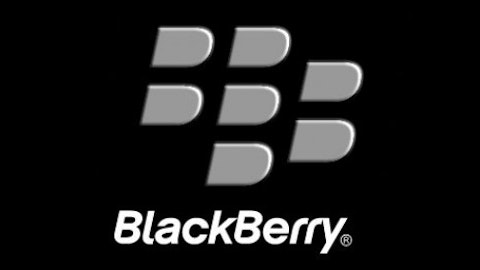
Motorola
Google Inc (NASDAQ:GOOG) paid over $12 billion to buy Motorola Mobility Holdings Inc (NYSE:MMI). Although that company has a storied history in the cell phone handset space, the logic for the acquisition was the more than 17,000 patents the company owns.
The idea was that these patents would allow Google Inc (NASDAQ:GOOG) to better defend its Android mobile operating system and, thus, the phones that use it, in patent infringement cases. To date, however, Bloomberg reports mixed results on this score. Indeed, Google hasn’t won big bucks in any cases.
With such a large price tag, the market was clearly hoping that the purchase would lead to increased patent revenues. While that would be nice, Google Inc (NASDAQ:GOOG) might have had other ideas.
Downside Protection
What is notable, and perhaps being overlooked, is that Google Inc (NASDAQ:GOOG) hasn’t lost any big patent cases. That the market is assigning a low value to Motorola Mobility Holdings Inc (NYSE:MMI)’s patent portfolio is understandable. No one values insurance highly until its needed. In fact, insurance can look like a waste of money all the way up to the point where a catastrophic loss takes place, and then it is the most important thing in the world.
Of course, in the case of Google Inc (NASDAQ:GOOG) and Motorola Mobility Holdings Inc (NYSE:MMI), the insurance policy might be best thought of as a vaccination. If the purchase stops companies from bringing patent cases in the first place, then it will always look like a mistake even though it has been an immensely valuable investment.
Where a Problem Could Lie
The big problem that Google Inc (NASDAQ:GOOG) faces with the Motorola Mobility Holdings Inc (NYSE:MMI) purchase is more existential. Google’s business has thrived because it uses an open model. It lets people use its products for free and collects small fees along the way, for things like advertising and application sales.
The company is seen as a partner, not a competitor. Samsung, for example, has used Google’s Android OS as the heart of its Galaxy line of mobile products. The Galaxy is the iPhone’s main competition.
In fact, so many companies have partnered with Google Inc (NASDAQ:GOOG) that its mobile OS has a massive market share relative to Apple Inc. (NASDAQ:AAPL). The two have an effective duopoly. This works so long as Google doesn’t compete with the handset makers.
However, Motorola Mobility Holdings Inc (NYSE:MMI) makes handsets. And Google Inc (NASDAQ:GOOG) increasingly looks like it wants to build hardware, from stripped down computers to tricked-out eyeglasses. It’s even opening stores. That’s a fine line to walk.
Margins
Google’s long-term problem is that its margins are shrinking. For example, its profit margin fell over 10 percentage points between 2010 and 2012. Part of the problem is that Google Inc (NASDAQ:GOOG) doesn’t earn as much from mobile advertising, which is more competitive than the online space. If the company tries to control its products from start to finish, it will start to look a lot more like Apple Inc. (NASDAQ:AAPL).
While that might sound like a good idea, it would risk destroying the company’s other businesses. This could be a mistake with Microsoft Corporation (NASDAQ:MSFT)working hard to get a seat at the mobile OS table. Although Apple Inc. (NASDAQ:AAPL) will never use Microsoft Corporation (NASDAQ:MSFT)’s OS, Samsung might welcome it as an insurance policy covering Google.
So, Google Inc (NASDAQ:GOOG) could actually create an opening for a very fierce competitor. Since mobile is such an important market, that could be a disastrous long term mistake.




